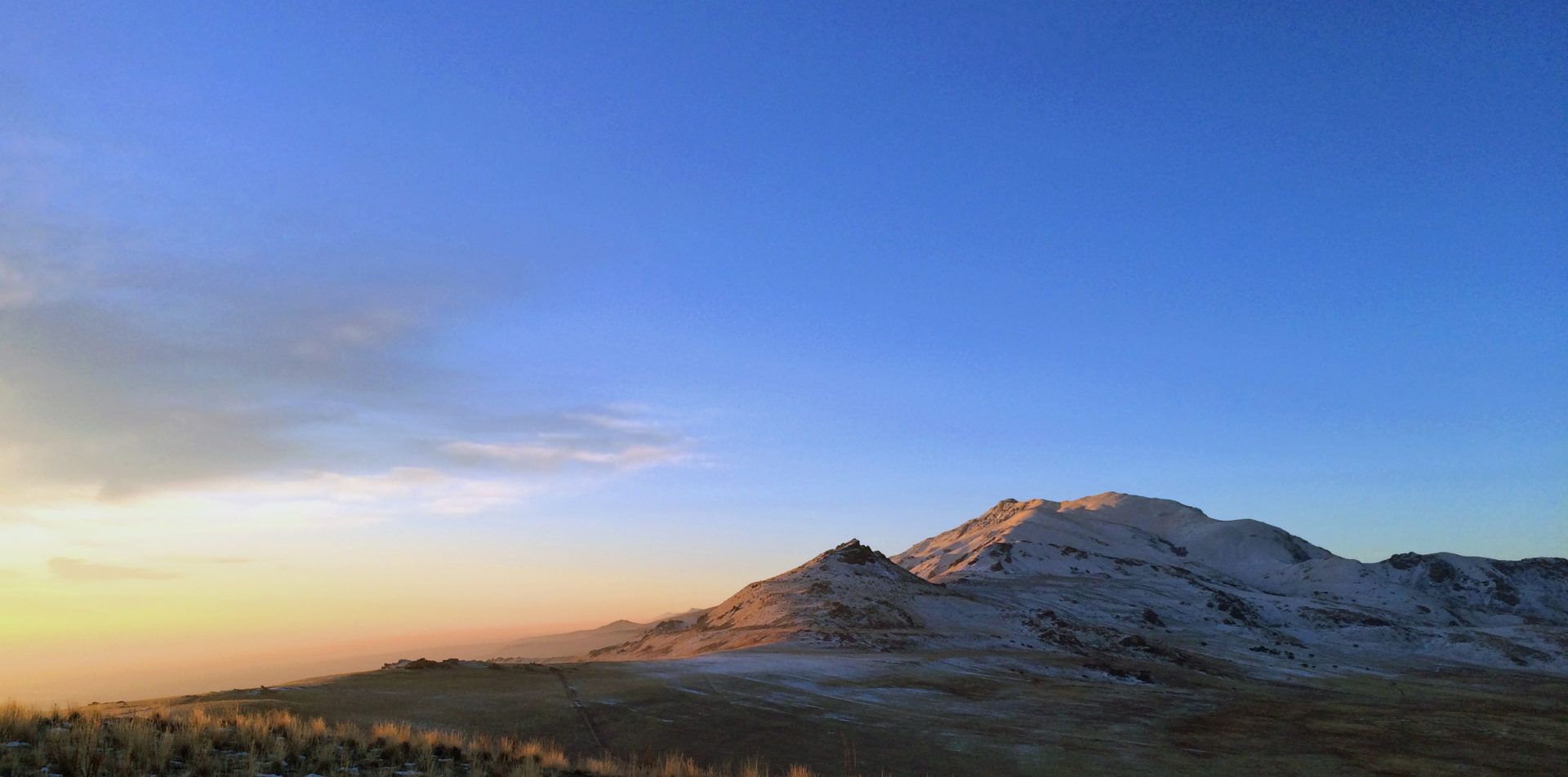Today commemorates 150 years since the 29 November 1864 Sand Creek Massacre. I have written on the topic before, and do have much to add today other than to say that I highly suggest taking a pause today to consider the event and its place in American history. As an undergraduate student, American West history was the last thing I wanted to study, but due to course schedules it was the only class that would fit one semester. Obviously, I got hooked. And, it was the Sand Creek Massacre that hooked me. Looking back, it seems morbid and inappropriate that it was the horror of history that drew me in, but it resonated in a way that few other historical topics had. It felt like important history – history that needed to be told. Not unrelated, it was the Holocaust that had originally drawn me into history in middle-school. I’m not a morbid person, but that is the way I ended up where I am. My MA thesis dealt with Sand Creek and two of my first publications, drawn from it, did as well (journal article here, anthology chapter here). Looking back at these, I am realizing how much my views have evolved. My views on the question of genocide in North America have shifted dramatically in the years (almost a decade!) since I wrote on these topics. Thankfully, I am excited that the field has advanced greatly since I wrote. A roundtable I organized and chaired at this years Western History Association conference confirmed this. Scholars like Benjamin Madley, Brendan Lindsay, Ari Kelman, Andrew Wooldford, Ashley Riley-Sousa, Boyd Cothran, and others are pushing the conversation in exciting directions.
For today, let me suggest a couple articles to read.
- A great op-ed from Yale professor Ned Blackhawk in the New York Times entitled, Remember the Sand Creek.
- A Smithsonian piece entitled The Horrific Sand Creek Massacre will be Forgotten No More.
And, some recent publications to consider. I would like to add to this list, so please offer suggestions
- Brendan Lindsay, Murder State: California’s Native American Genocide, 1846-1873
- Boyd Cothran, Remembering the Modoc War: Redemptive Violence and the Making of American Innocence
- Benjamin Madley: “‘Unholy Traffic in Human Blood and Souls’: Systems of California Indian Servitude under U.S. Rule” http://www.jstor.org/stable/10.1525/phr.2014.83.4.626
- Alex Alvarez, Native America and the Question of Genocide
- Colonial Genocide in Indigenous North America
- Ari Kelman, A Misplaced Massacre: Struggling over the Memory of Sand Creek

I lead local history tours on the western slope of Colorado, not far from the location of the Meeker Massacre. As I was reading Misplaced Massacre, I was struck by how different local’s perceptions were about the Sand Creek Massacre and the Meeker Massacre, where Nathan Meeker, an agent to the Utes, was killed. We grew up thinking that Meeker was an idiot who almost deserved what he got. I was shocked the first time I heard someone say something positive about Meeker. That person grew up in Greeley, Colorado, where the story is probably told with a different emphasis since that’s where Meeker’s wife lived out her life. I’ve wondered lately if the difference is because of who was killed and who did the killing.